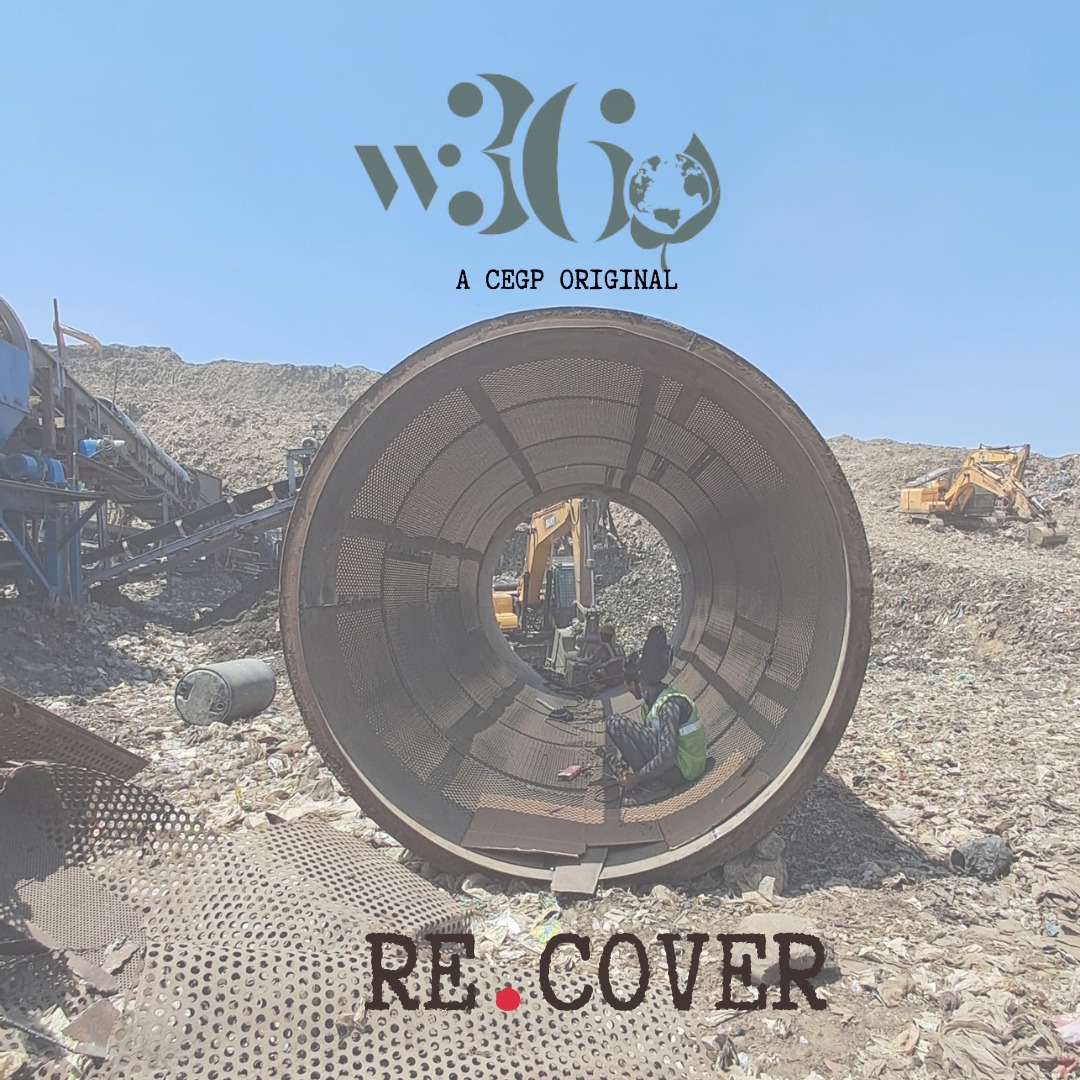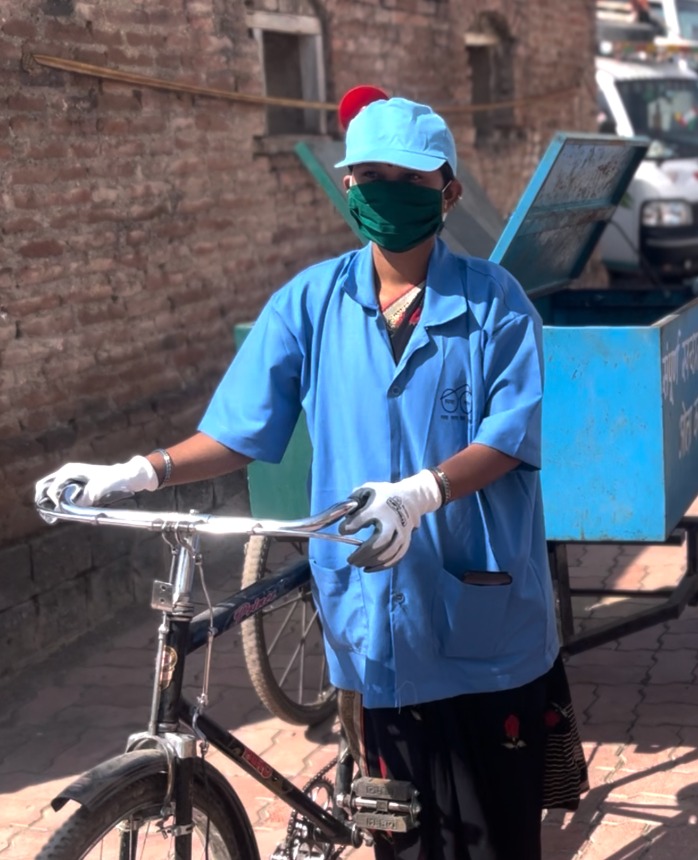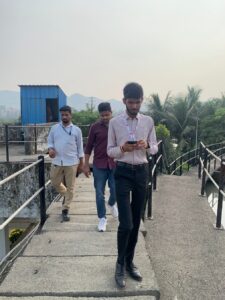ENVIRONMENT AND SUSTAINABILITY
Waste 360
Through this podcast, we aim to engage, educate, and motivate listeners to take action toward enhancing safe sanitation practices in their communities. The goal is to spark enthusiasm for sustainable waste management solutions. Waste 360 | A CEGP ORIGINAL sets itself apart by delving into the personal stories, challenges, and triumphs of individuals driving safe sanitation initiatives. The focus is not solely on organizational work but on the people behind it, their motivations, and the impact of their value-driven efforts. The podcast aims to evoke emotions and create a connection that inspires action.


Dry Waste Management Centre
The CEGP Foundation, in partnership with the Aurangabad Cantonment Board, is spearheading a project to implement a sustainable Integrated Solid Waste Management (ISWM) system aimed at significantly reducing the environmental impact of waste in the region. Central to this initiative is the establishment of a Material Recovery Facility (MRF) with a processing capacity of 1.5 tons per day (TPD). This facility is designed to enhance waste management practices by focusing on efficient resource recovery, minimizing landfill dependency, and promoting responsible waste segregation and disposal. The project also includes
comprehensive plans for decentralized waste management, addressing key challenges such as waste
collection, transportation, and community engagement. By implementing these strategies, the CEGP
Foundation and Aurangabad Cantonment Board are committed to preserving the environment and improving
the quality of life for the community in a sustainable and scalable manner
Safaimitra Suraksha Challenge Review and Assessment
The initiative aims to research and examine SafaiMitras’ Sustainability, Security, and Safety, particularly
towards the subject of human rights. To assess and evaluate the work environment and means of subsistence at the ULB level and also understand processes at the STP. The peripheral goal of this project is to assess the cities, conduct an analysis, and establish a city ranking based on the evaluation.
PHASE 1: The SafaiMitra Suraksha Challenge Review and Assessment, an initiative supported by the
National Human Rights Commission (NHRC) to promote human rights awareness and compliance in urban governance. The project focused on 15 cities across the 3 states (Gujarat, Maharashtra, and Madhya Pradesh)
which aimed to ensure that municipal policies and actions are aligned with human rights principles, particularly concerning marginalized communities.
PHASE 2: After completing Phase 1 of the Review and Assessment Initiative, NHRC has approved the
CEGP Foundation to expand the initiative to 22 states, targeting 125+ cities across India. This expansion
will also include the Life Mission and PMESR Act, 2013. The initiative now covers the cities of Delhi, Haryana, Goa, and Uttar Pradesh.
Key areas of focus for this initiative include gathering citizen feedback, building rapport with sanitation
workers (SafaiSaathis) to understand their challenges, conducting ground visits and surveys of dumping yards, and collaborating with municipal bodies and other stakeholders in the areas of solid waste management, sewage treatment plants, safety, and security. Additionally, the initiative involves enumerating
and ensuring linkage of SafaiSaathis to the social welfare schemes of the Government

Explore
Contact Us
Opposite to Vrindavan Nursery, Ramakrishna Math, Pune - 30

